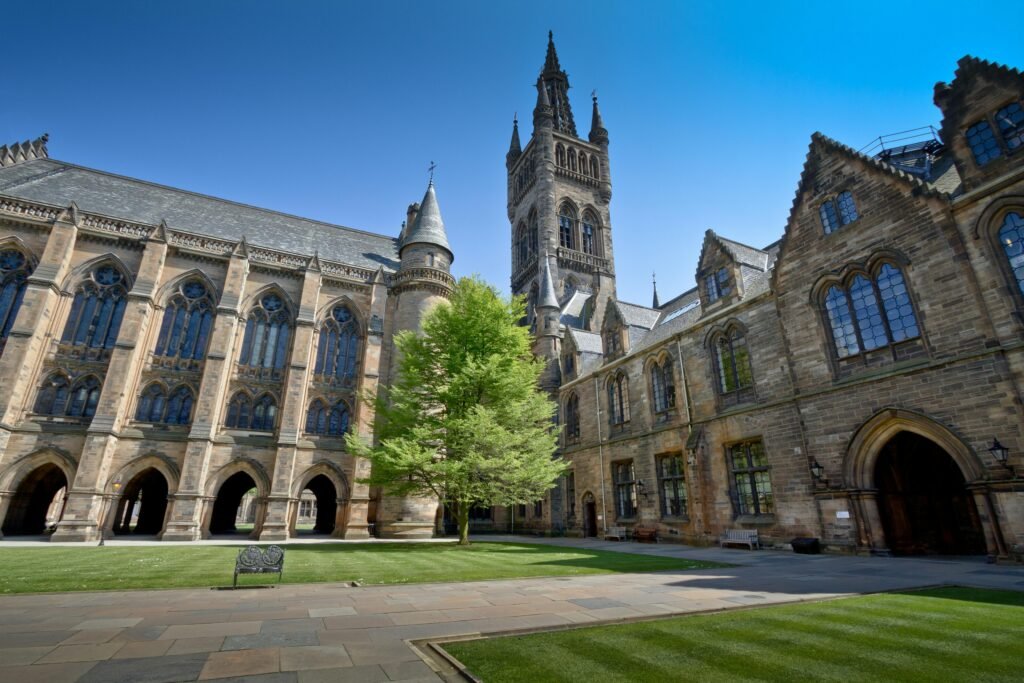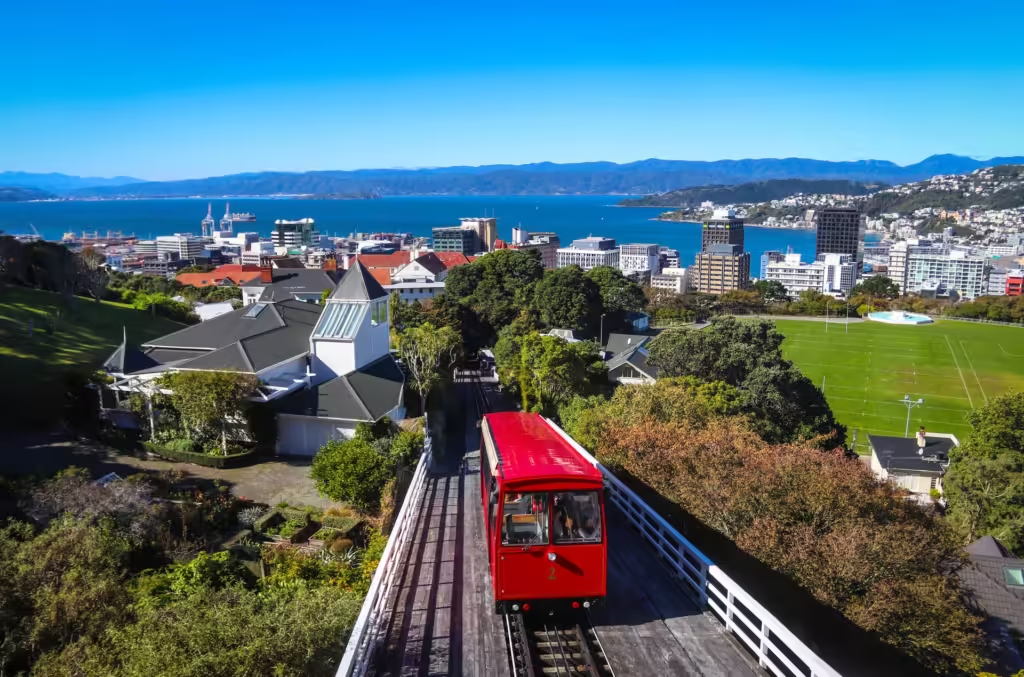
Why Study in Netherlands?
The Netherlands is an excellent study destination for Bangladeshi students due to its wide range of English-taught programs, high-quality education, and globally ranked universities. Dutch institutions emphasize practical learning, innovation, and international collaboration, preparing students for global careers. With a welcoming multicultural society and strong post-study work opportunities, students can gain valuable experience during and after their studies. Additionally, scholarships like the Holland Scholarship and Orange Tulip Scholarship make it more financially accessible.

- Study in
Netherlands
Study Programs in Netherlands
1️⃣ Schooling (Primary & Secondary)
Compulsory education from age 5 to 16 (partial until 18).
Public schools are free, including some international and bilingual public schools.
Education is offered in Dutch, but many schools offer bilingual or English-taught international curricula (IB, British, American, etc.).
Strong focus on individual development, creativity, and critical thinking.
2️⃣ Bachelor’s Degree
Offered by Research Universities (WO) and Universities of Applied Sciences (HBO).
English-taught Bachelor’s programs widely available in fields like Business, Engineering, Social Sciences, and ICT.
Research universities focus on academic and theoretical knowledge, while HBO institutions emphasize practical skills and industry readiness.
Duration: 3 years (WO), 4 years (HBO).
3️⃣ Master’s Degree
Offered at both types of institutions, with numerous English-taught programs.
Popular fields: Data Science, Engineering, Economics, Law, Environmental Studies, and Urban Planning.
Focus on interdisciplinary learning, innovation, and strong industry-research collaboration.
Duration: 1–2 years depending on program and institution.
4️⃣ PhD
Offered only by Research Universities.
PhD candidates are often considered employees rather than students and receive a salary.
Heavily research-based, often in collaboration with government or private-sector projects.
Duration: ~4 years.
Fields include Science, Technology, Health, Economics, and Social Sciences, among others.

- Study in
Netherlands
Step-by-Step Guide
Step 1: Explore Universities and Programs
Research Dutch public universities, Universities of Applied Sciences (HBO), and Research Universities (WO).
Look for programs aligned with your academic background and career goals.
Step 2: Check Eligibility
For Schooling: Age and residency rules apply; international schools may have entrance assessments and language criteria.
For Bachelor’s: Higher Secondary Certificate (HSC) or equivalent with required GPA; IELTS 6.0+ or TOEFL iBT 80+ for English-taught programs.
For Master’s/PhD: Recognized Bachelor’s/Master’s degree, competitive GPA, and English proficiency (IELTS/TOEFL); some programs may have additional entrance requirements or interviews.
Step 3: Look for Scholarships
Check for funding options such as:
Holland Scholarship (for non-EU students)
Orange Tulip Scholarship (OTS) for Bangladeshi students
University-specific scholarships and Erasmus+ grants
Fully funded PhD positions with salaries
Step 4: Submit Your Application
Apply through the university website for most Dutch institutions.
Submit academic transcripts, motivation letter, CV, language test scores, and references.
Step 5: Receive and Accept Offer
Once selected, you’ll receive a Conditional or Unconditional Admission Letter. Accept the offer and proceed with tuition fee payment and visa documentation.
Step 6: Get Health and Travel Insurance
Mandatory for all international students. Arrange valid health insurance for your stay in the Netherlands (either private or Dutch public insurance, depending on your residency status and employment).
Step 7: Apply for Student Visa (MVV and Residence Permit)
Universities usually apply for your MVV (entry visa) and residence permit (VVR) on your behalf through the IND (Dutch Immigration Office) once you meet admission and financial requirements.
Step 8: Prepare for Travel & Settle in
Book accommodation, arrange airport pick-up if offered, and attend orientation programs.
Familiarize yourself with Dutch culture, student services, and legal obligations (e.g., residence registration at municipality).

- Study in
Netherlands
Average Tuition Fees
Public Schools: Free (for residents); international schools charge fees
International Schools: EUR 4,000 – EUR 20,000 per year (depending on school and curriculum)
Bachelor’s Degree:
EU/EEA students: Approx. EUR 2,530 per year
Non-EU students: EUR 6,000 – EUR 15,000 per year
Master’s Degree:
EU/EEA students: Approx. EUR 2,530 per year
Non-EU students: EUR 8,000 – EUR 20,000 per year
PhD: Usually fully funded through salaried positions; no tuition fees
General Eligibility (Higher Study)
Bachelor’s:
Higher Secondary Certificate (HSC) / A Level equivalent
English language proficiency (IELTS 6.0+, TOEFL iBT 80+)
Master’s:
Recognized Bachelor’s degree
Minimum GPA requirement (varies by university)
English proficiency (IELTS 6.5+, TOEFL iBT 90+)
PhD:
Master’s degree in a relevant field
Strong research proposal
Agreement with a supervisor or research group
Often requires submitting a detailed CV, publications, and academic references
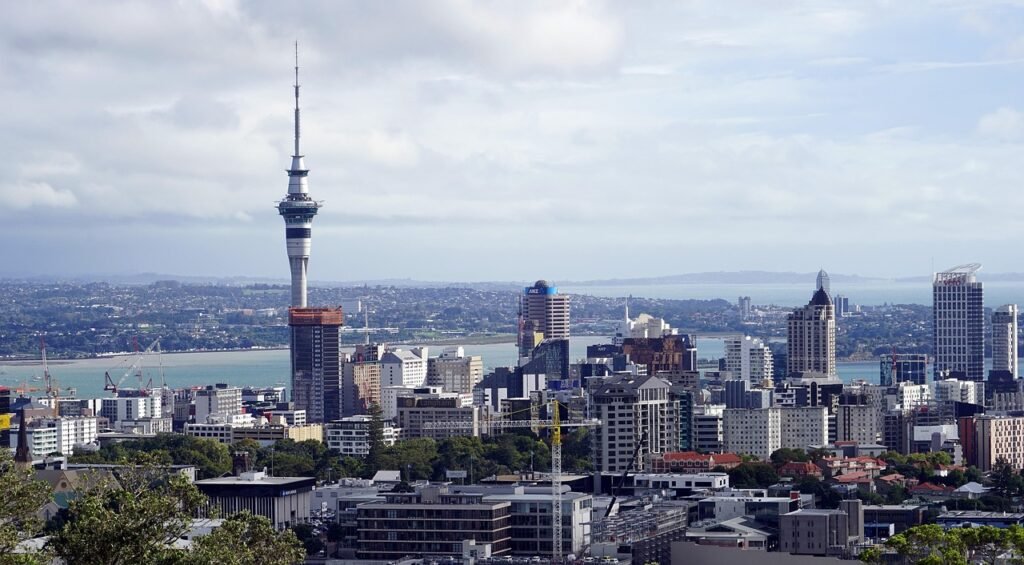
Job and PR Pathways After Study
The Netherlands offers excellent post-study opportunities for international graduates, particularly in sectors with high demand. With proper guidance and planning, you can transition smoothly from a student residence permit to work authorization and potentially permanent residency.
Orientation Year (Zoekjaar) Residence Permit – We assist you in applying for the Orientation Year permit, which allows graduates to live and work in the Netherlands for up to 12 months after completing their studies to find a job or start a business.
Highly Skilled Migrant Program – Gain insights into the Highly Skilled Migrant scheme, a common pathway for international graduates to obtain work permits in in-demand professions.
Career support and job readiness – Access help with crafting an effective Dutch-style CV, preparing for interviews, and understanding the Dutch labor market to improve your employment prospects.
Permanent Residency and Long-term Planning – Receive expert advice on how to plan your pathway to permanent residency in the Netherlands through work, integration, and meeting residence requirements.
Our Support During the Process
We’re with you every step of the way—from your first consultation to settling into life abroad and beyond. Our goal is to make your journey smooth, informed, and successful.
Personalized consultation at every step – We take the time to understand your academic goals, financial situation, and preferences to guide you toward the best-fit programs and universities.
One-on-one support for admission, visa & travel – Receive dedicated assistance with university applications, document preparation, visa submission, and travel arrangements.
Always accessible—call, WhatsApp, or in person – Our advisors are available through your preferred communication channels to provide help whenever you need it.
Regular updates, reminders & document reviews – Stay on track with timely updates, reminders, and thorough reviews to ensure no deadlines or requirements are missed.
Post-arrival check-ins & alumni mentoring – We stay connected after you arrive to the country, offering ongoing support and introducing you to alumni who have successfully navigated the transition.
Support for job search and residency planning – Even after graduation, we assist with job search strategies, resume preparation, and guidance on long-term options like work visas and permanent residency.
Visa Categories for Study in New Zealand

Provisional Residence Permit (MVV) + Residence Permit (VVR)

Short-Stay Schengen Visa (Type C)
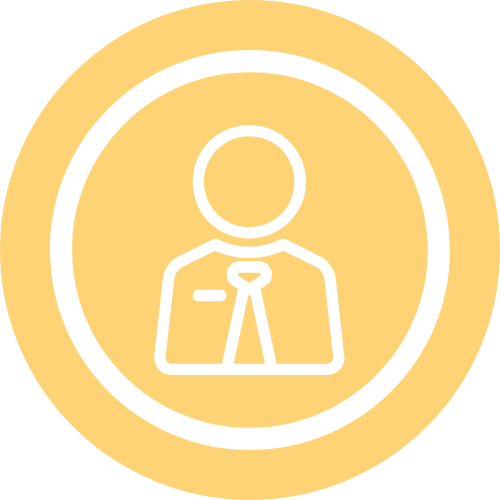
Orientation Year (Zoekjaar) – Post-Study Work Visa (Residence Permit)
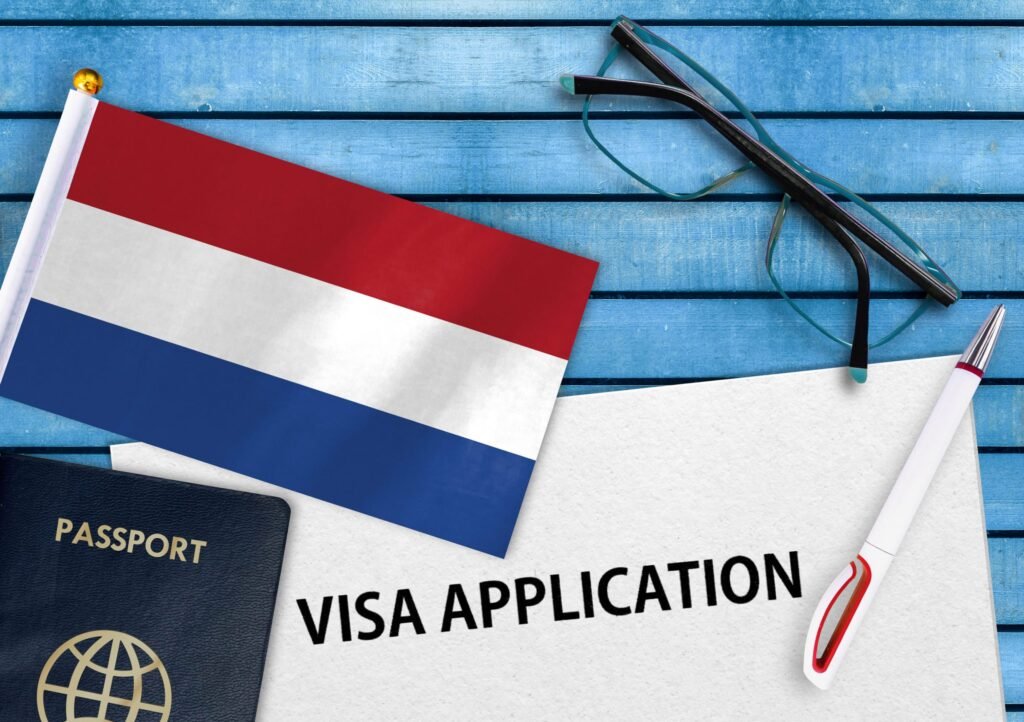
Visa Application Checklist
Personal & Identification Documents
- Valid Passport: Must be valid for at least 6 months beyond your intended stay.
- National ID Card (NID): If applicable.
- Passport-sized Photographs: Recent photos meeting visa specifications.
- Marriage or Divorce Certificate: If applicable, to verify marital status.
Academic & English Language Proficiency
- Academic Certificates & Transcripts: Including degrees, diplomas, and relevant qualifications.
- Letters of Recommendation: From academic or professional referees.
- Curriculum Vitae (CV)/Resume: Detailing academic and work history.
- Portfolio: Required for courses in creative fields like design or architecture.
- English Language Test Results: Valid scores from accepted tests such as IELTS, TOEFL iBT, PTE Academic, CAE, or OET.
Course Enrollment & Intent
- Academic Certificates & Transcripts: Including degrees, diplomas, and relevant qualifications.
- Letters of Recommendation: From academic or professional referees.
- Curriculum Vitae (CV)/Resume: Detailing academic and work history.
- Portfolio: Required for courses in creative fields like design or architecture.
- English Language Test Results: Valid scores from accepted tests such as IELTS, TOEFL iBT, PTE Academic, CAE, or OET.
Financial Evidence
- Proof of Financial Capacity: Demonstrating access to at least AUD 29,710 to cover tuition, living expenses, and travel.
- Bank Statements: Recent statements showing sufficient funds.
- Fixed Deposits (FDRs) or Deposit Pension Schemes (DPS): If applicable.
- Sponsorship Letter: If someone else is funding your studies, include a letter detailing the sponsorship.
Health & Character Requirements
- Overseas Student Health Cover (OSHC): Mandatory health insurance for the duration of your stay.
- Tuberculosis (TB) Test Results: If required based on your country of residence.
- Police Clearance Certificate: To demonstrate good character.
For Applicants Under 18
- Parental Consent Form: Completed by parents or legal guardians.
- Custody Documents: If applicable, provide evidence of sole custody or guardianship.
Visa Application Process
Biometric Information:
Schedule an appointment with VFS Global for biometric data collection and document submission.
Travel Itinerary:
Prepare a tentative outline of your planned travel dates, accommodation, and arrival arrangements.
Visa Application Submission:
Apply through the Netherlands Entry Visa (MVV) and Residence Permit process.
In most cases, the Dutch university submits the visa application to the IND (Immigration and Naturalisation Service) on your behalf after you meet admission and financial requirements.
Visa Application Fee:
Approx. EUR 210 for the MVV + Residence Permit (combined fee) – subject to change annually.
Processing Times
Standard Processing: Approximately 2–4 weeks after the university submits the MVV and residence permit application to the IND.
Extended Processing (if documents are incomplete or additional checks are needed): Can take up to 60 days, depending on individual circumstances.

